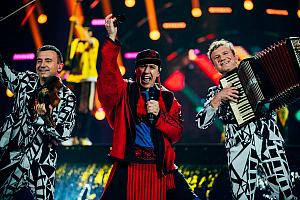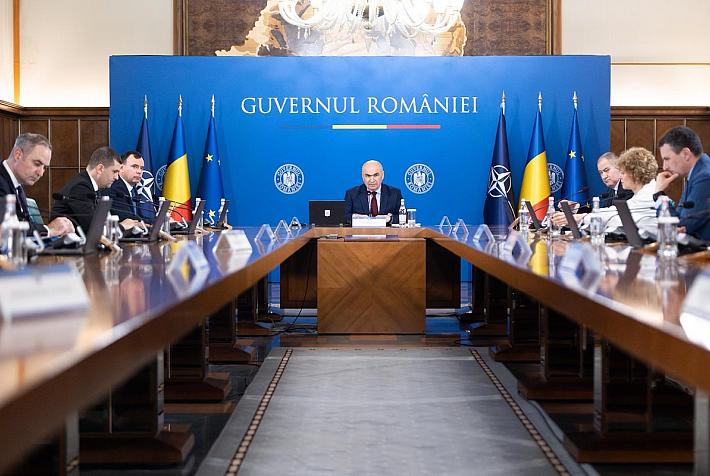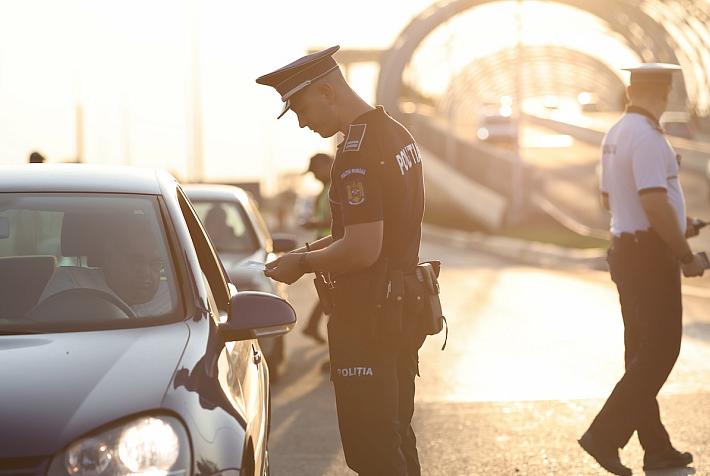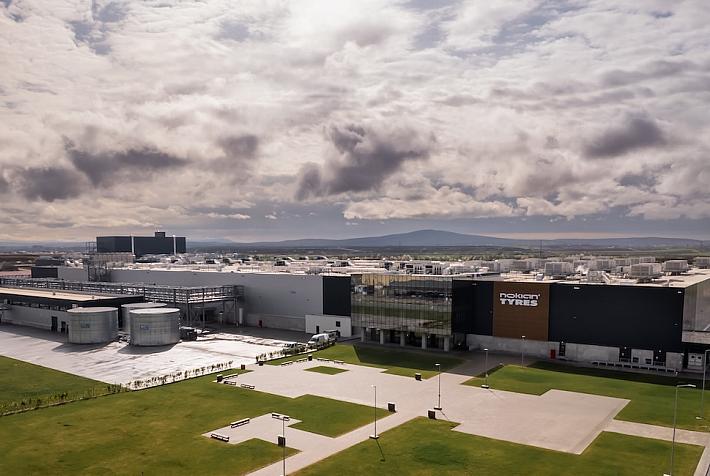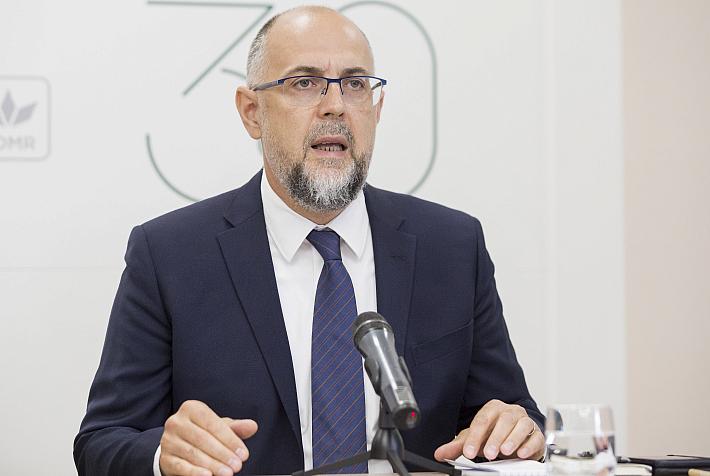Romania looking for redemption at the 2022 Eurovision Song Contest
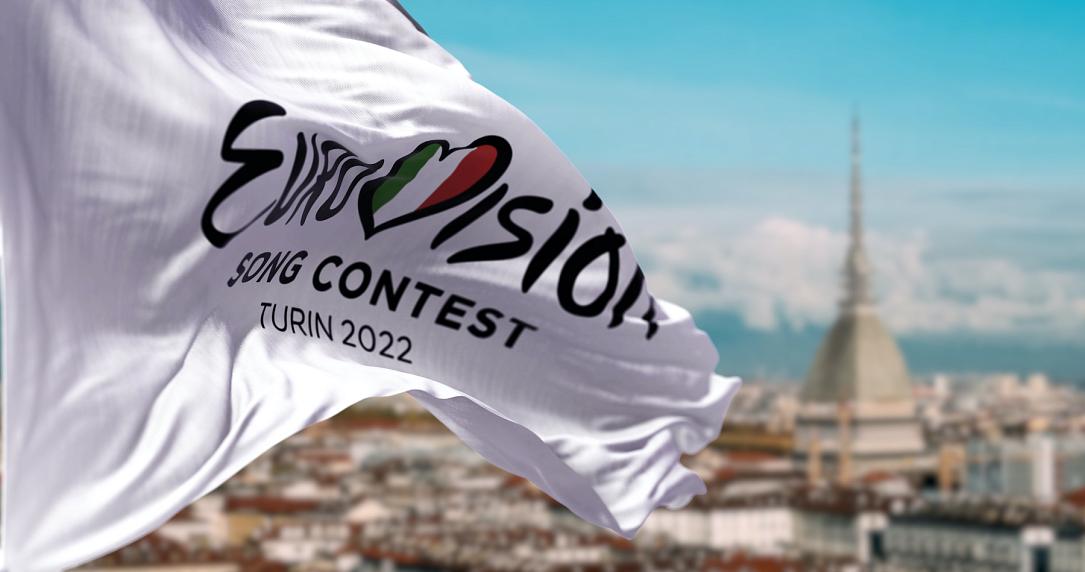
Eurovision, the long-running, yearly, continent-wide song contest, takes place this week, with the grand final scheduled for May 14. After failing to qualify for the finals during the past two editions, Romania, represented by WRS performing his song “Llámame,” is looking for redemption.
This year’s venue is Palasport Olimpico in Torino, Italy, last year’s winner. 41 countries will be reunited there under the slogan “the sound of beauty.”
The Eurovision Song Contest has a long history - so long, in fact, that in 2015 the Guinness Book of World Records recognized it as the Longest Running Anual TV Music Competition. It started in 1956, with just 7 participating countries. Back then, each contestant had to perform two songs. In 1974, ABBA won the contest with the song “Waterloo,” making the first win for Sweden. By the mid-1990s, 25 countries were taking part in the contest. The number kept growing, finally reaching 43 participating countries in 2008. At that point, semi-finals had to be introduced.
Some countries have been more successful than others when it comes to Eurovision. Ireland won seven times, making it the most successful, followed by Sweden with six, then Luxembourg, France, the Netherlands, and the UK, each with five wins.
Romania originally joined the Eurovision Song Contest in 1993, but Dida Drăgan’s “Nu pleca” failed to qualify for the finals. One year later, Romania finally had its debut in the contest through Dan Bittman and his song “Dincolo de Nori,” but placed at a considerable distance from the podium.
Since then, Romania finished in the top 5 on three occasions. In 2005, Luminita Anghel and Sistem represented Romania in Kyiv. Their song, “Let Me Try,” came in first place during the semi-final and third in the grand final, losing to Greece’s Helena Paparizou. One year later, in Athens, Mihai Trăistariu’s “Tornero” won Romania 4th place in the grand final. In 2010, Romania would repeat the 2005 performance, when Paula Seling and Ovi’s “Playing with Fire” was awarded third place in the grand final in Oslo.
From then on, Romania hovered around the middle of the ranking. In 2016, the European Broadcasting Union (EBU) barred Romania from participating in the Eurovision due to long-standing debts incurred by the public Romanian television broadcaster, TVR. The move was unprecedented at that time, TVR being the first broadcaster excluded from the EBU. A year later, however, TVR re-applied for membership and was accepted.
The EBU recently excluded Belarus and Russia for suppressing media freedom, and the invasion of Ukraine, respectively.
In 2020, the COVID-19 pandemic forced organizers to cancel the song contest for the first time in 64 years. During the first post-pandemic Eurovision, in 2021, Romania’s Roxen had a disappointing performance, failing to qualify for the grand final. The same had happened to Ester Peony, the country’s representative in the 2019 edition.
This year, Romania is out for redemption. WRS, or Andrei Ursu, is its representative. He is 28 and worked as a dancer for several popular Romanian pop stars, but also on shows like “Romania’s got talent” and the Romanian version of “The Voice.” His song, “Llámame,” received attention during the second repetition in Torino, despite reported technical difficulties.
However, WRS is not counted among the favorites. Bookkeepers give Ukraine’s “Stefania,” performed by the Kalush Orchestra, a 48% chance of winning, followed by Italy’s Mahmood & Blanco (11%) and the UK’s Sam Ryder (10%). Romania comes in at number 35 - out of 40 - in the ranking and is believed to have less than a 1% chance of winning.
This year’s Eurovision viewers will be treated to a performance by Måneskin, the Italian rock band that won in 2021. After their victory, the band reached the top of the charts in countries like the UK and US, and their songs have been listened to more than 4.5 billion times across all digital platforms. Måneskin will return to Eurovision as special guests in 2022, performing their new single Supermodel.
Some 183 million viewers, many of them young, watched Eurovision last year. Tens of millions more consumed content in connection to it on various social media platforms. This time, fans will be able to watch the show live on TikTok, the “official entertainment partner.” They will also be able to see backstage and behind-the-scenes footage that won’t be seen on the traditional TV broadcast.
by Radu Dumitrescu, journalist
radu@romania-insider.com
(Photo source: Dreamstime.com)







